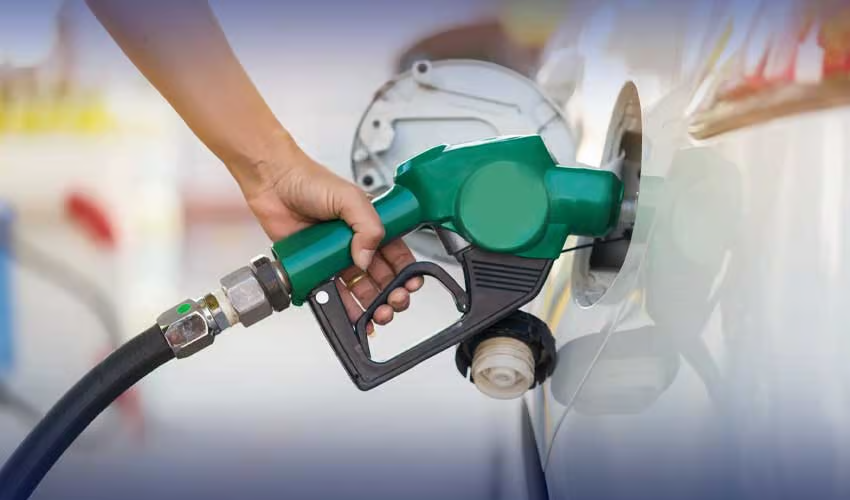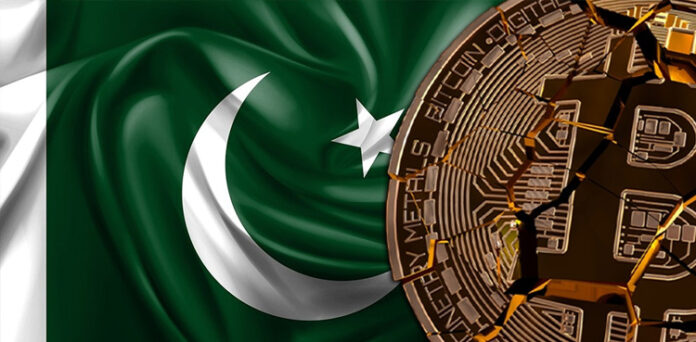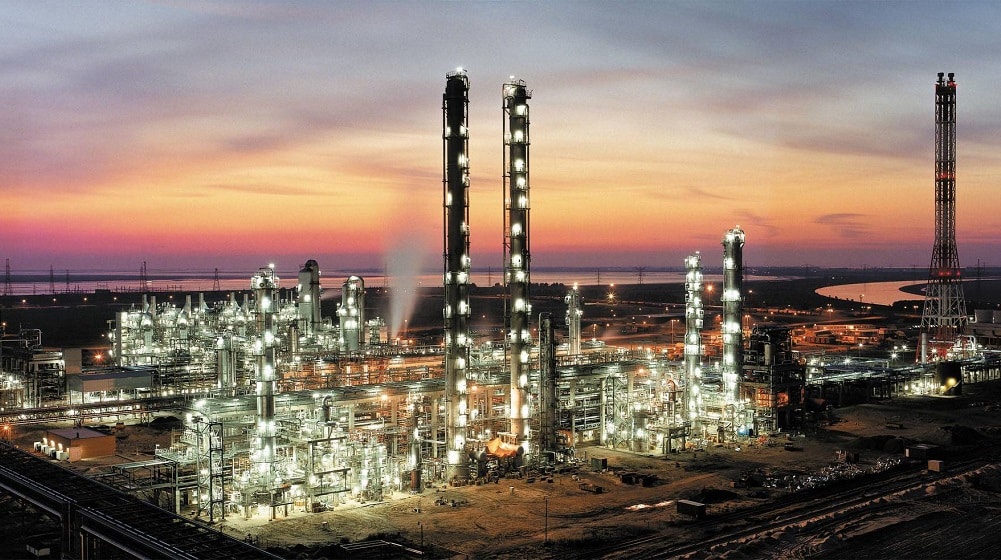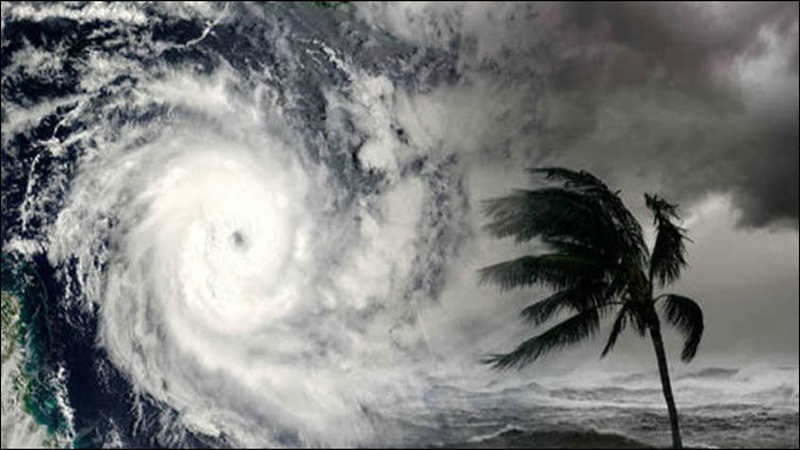The federal government of Pakistan has raised the Petroleum Levy on petrol from Rs70 to Rs80 per litre following an amendment to the Petroleum Levy Ordinance 1961. This move came as a surprise to citizens who were expecting a significant price cut in petrol and diesel during the mid-April price review.
Despite a notable decline in international oil prices — roughly $6 per barrel for petrol and $5 per barrel for diesel over the past two weeks — the government has kept domestic fuel prices unchanged. The ex-depot price of petrol will remain at Rs254.63 per litre, while high-speed diesel (HSD) holds steady at Rs258.64 per litre.
READ MORE: Oppo Find X8 Ultra vs Find X7 Ultra — A Closer Look at the Camera Upgrades
Prime Minister Shehbaz Sharif reportedly diverted potential fuel price relief funds toward development projects in Balochistan, as part of a broader effort to strengthen political alliances and support infrastructure improvements.
The increase in levy not only blocks the expected Rs10 per litre reduction but also aligns with government efforts to control fuel consumption, curb carbon emissions, and protect foreign exchange reserves.
Additionally, under the latest terms with the International Monetary Fund (IMF), a new Rs5 per litre carbon levy is planned for introduction on July 1.
Currently, combined taxes on petrol and diesel hover around Rs96–97 per litre, continuing to squeeze the budgets of middle- and lower-income households, particularly those dependent on motorcycles, rickshaws, and small vehicles for daily transport.




